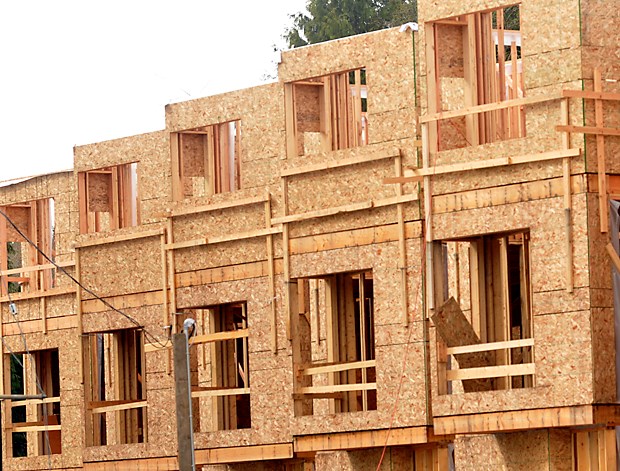With vacancy rates hovering at less than one per cent and skyrocketing rents fast outpacing what many people can pay, housing advocates are hopeful that a provincial funding injection for affordable housing will see tangible results on the North Shore.
This week, the province announced it will earmark $500 million towards affordable rental housing in B.C. The money will go to creating 2,900 new rental units to be built in partnership with non-profit societies, local governments and the private sector. The money is in addition to $355 million for rental housing announced earlier this year to create 2,000 ental units.
Projects will be targeted at low to moderate income rents, seniors, students and adults with development disabilities among other groups.
The province wants projects approved by March 2017, with construction completed three years after that.
“On the face of it it’s a wonderful thing,” said Don Peters, chairman of the Community Housing Action Committee for the North Shore Community Resources Society. That amount of money “packs a pretty good wallop,” he said.
But he added the devil will be in the details, especially including convincing municipalities to donate land towards the projects.
“The trick is always the magic piece of land,” he said. “If there’s no land it’s almost unreachable.”
Peters said sometimes municipalities are loath to give up their land. “They seem to feel they should be saving it for a rainy day,” he said.
Average people earning median incomes of between $35,000 and $55,000 are a critical demographic in need of help finding affordable rentals, Peters added.
“We need a workforce that can live here and who don’t clog up our roads (with long commutes),” he said.
District of North Vancouver Mayor Richard Walton agreed. “The service sector doesn’t pay that well,” he said. “Now the rents are beyond what a lot of people can consider.”
Housing for Capilano University students and provision for adults with disabilities are also priorities on the North Shore, said Walton. “They are a group that is extremely vulnerable to the rising rents in this community.”
The District of North Vancouver council recently moved forward on a plan to create affordable rental housing on a five-lot parcel of municipally owned land on Oxford and Orwell streets, asking staff to start looking for a partner in the non-profit sector.
Peters said he hopes the funding announcement will prompt other local governments to step up with more proposals. “West Vancouver is sitting on a nice piece (of property) at 22nd and Marine,” he said.
Citizens who took part in a dialogue session on the future of the Delbrook lands in the District of North Vancouver also identified non-market housing as an option to consider there.
The province has indicated it wants to create the rental housing by a combination of purpose-built affordable rental projects and buying units in existing market developments.
West Vancouver Capilano MLA Ralph Sultan said he favours projects that integrate low income housing into the rest of the community. “We have low income housing in West Vancouver that people don’t know about,” he said.
Projects targeting low to moderate income earners would include anyone with a household income of less than $96,000 a year, according to B.C. Housing.



